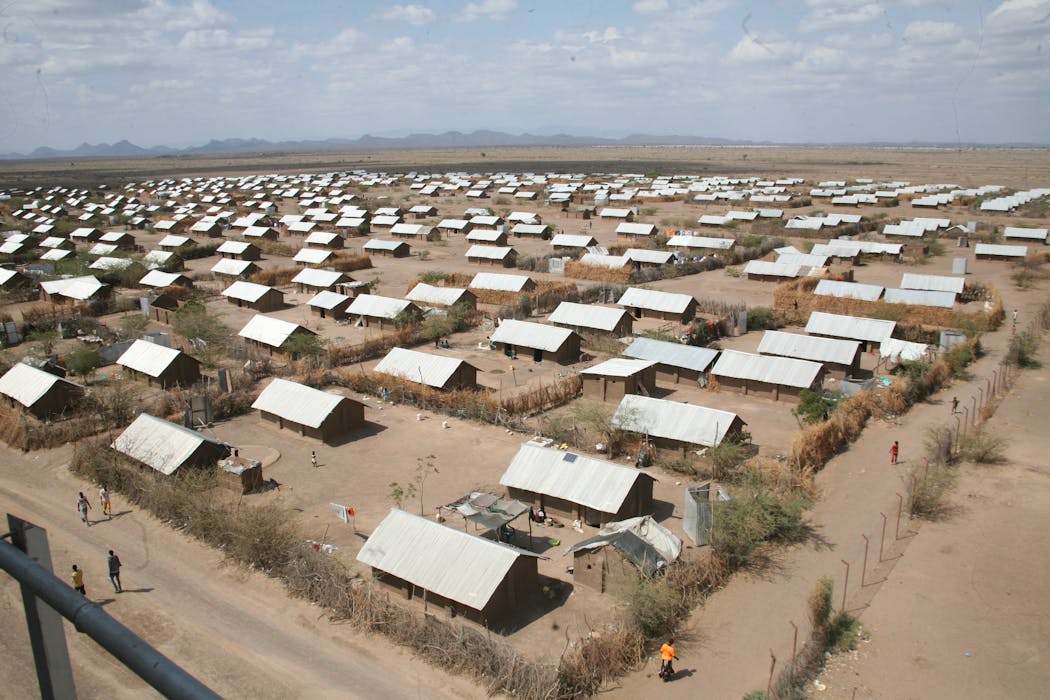Googoosh, the ‘Voice of Iran,’ has gone quiet – and that’s her point
- Written by Richard Nedjat-Haiem, Ph.D. Candidate in Comparative Literature, University of California, Santa Barbara
 Googoosh performs at Scotiabank Arena on Jan. 17, 2025, in Toronto.Jeremy Chan Photography/Getty Images
Googoosh performs at Scotiabank Arena on Jan. 17, 2025, in Toronto.Jeremy Chan Photography/Getty ImagesBefore Beyoncé, before Cher, before Madonna, there was Googoosh.
The 75-year-old Iranian megastar catapulted to stardom in Iran during the 1970s, only to be silenced by the Islamist regime that took power after the 1979 Islamic Revolution....
Read more: Googoosh, the ‘Voice of Iran,’ has gone quiet – and that’s her point








